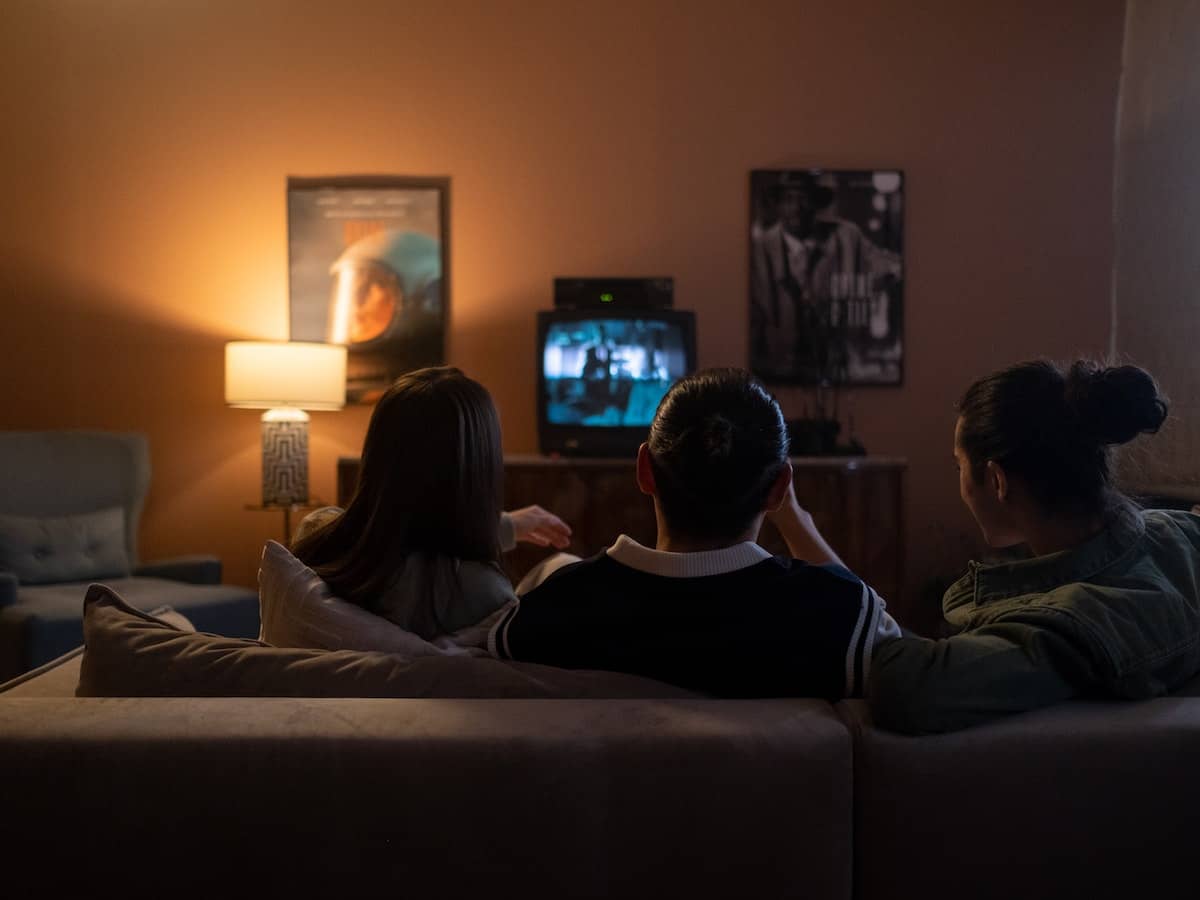Starring Lori Loughlin of "Full House" fame, Summerland revolves around Ava Gregory, a thirty-something fashion designer living in a California beach town. Her life suddenly changes when her sister and brother-in-law die in an accident, leaving Ava to raise their three tween to teen children. The show captures not only the reality of teen angst, but the difficulty of adult relationships and the struggle of the modern family unit, all topped off with a dollop of WB-style schmaltz.
For the WB, this kind of meaningful family is nothing new. Much has been made of the aftershock of Janet Jackson's breast-baring at this year's Super Bowl half-time show. Shock-jocks were fired. The House and Senate began a mad rush to pass broadcast indecency bills. The White House has chimed in with supportive rhetoric. Before a single piece of legislation has passed, however, some very suitable family viewing had already been sneaking onto your television. You need not set your dish to scan the outer limits of the universe to find it. Simply flip to the Frog.
The WB network was built on "Buffy," a hip teen soap opera with a taste of the occult. But the Frog found its raison d'etre when it stumbled upon a little franchise known as "7th Heaven." Now in its eight season, and renewed for a ninth, the show follows the trials and tribulations of the Camden clan. Led by a minister father and devoted mother, this brood encounters typical life problems such as drugs, teen pregnancy, even rosacea, with aplomb and all within an hour.
The show's creator, Brenda Hampton, recently told the Associated Press that the pitch went something like this: "What if there were one functional family left in America? What if there were a big family, and they all loved and respected each other, like in the old days?" Even uberproducer Aaron Spelling was a bit cautious about such a throwback, but in the end, "nice" translated into Nielsen ratings; "7th Heaven" has been the WB's top-rated show for 5 years running.
And run with it the WB did. The WB started turning out family programming faster than Annie Camden can turn out her secret recipe muffins. "You can spot a WB drama in about two seconds. You go, 'Ahh, another WB show,'" says Robert Thompson, founding director of Syracuse University's Center for the Study of Popular Television. "Not only do they have a good set of underlying principles, but good writing and acting. It's not only good to have [teens] exposed to decent programming, but programming that has some artistic merit to it." It manages to make programming that 16-year-olds would like to watch and that most parents wouldn't mind having them watch, and most parents watch with them."
Some will object that the WB formula's storylines involve steamy teen love triangles, premarital sex, and illicit substances--hardly appropriate family-friendly television. But in an era when "Fear Factor" is considered "Must See TV," (and "the most important family show we have," according to NBC's Jeff Zucker) the definition of family-friendly certainly has changed.
Once a struggling new network, the WB is now being imitated by the old-school networks, with a boost, says Thompson, from the success of Mel Gibson's "The Passion of the Christ." ABC shifted back to its "TGIF" Friday family comedy nights this past fall season, and is considering several family-format shows for fall, including a Mel Gibson production based on his experience raising a pack of boys. "The Wonderful World of Disney" will be returning to ABC Saturday nights. CBS's break-out hit of last year, "Joan of Arcadia," will anchor their schedule.
But no network has invested so heavily in family drama as the WB, which is adding two more family dramas--"Jack & Bobby" and "The Mountain" - to its already values saturated 2004-2005 lineup, which includes "7th Heaven," "Everwood," "Gilmore Girls," "One Tree Hill," "Smallville," "What I Like About You," "Reba," "Grounded for Life," "Charmed," and "Steve Harvey's Big Time." The WB will also attemp to reinvigorate the "Movie of the Week," starting with a movie based on the "American Girl" dolls and books.
The WB had a head start. In 1999, the WB Television Network teamed up with The Family Friendly Programming Forum in an "effort to produce high-quality family-friendly primetime television series." The Forum, a group of major advertisers, including Ameritech, AT&T, General Motors, IBM, Johnson & Johnson, Nationwide Insurance, Pfizer, Procter & Gamble, Sears, Warner-Lambert and Wendy's International, established a pilot script development fund for potential drama and comedy. CBS, ABC, and NBC have followed the WB's lead in working with the Forum.
So far, at least four shows on the WB's roster have come directly or benefited from the partnership, including its current flagship "Gilmore Girls." The WB's investment runs counter to what the prevailing wisdom was about networks in the age of cable. Network shows were supposedly going to have to get more violent and sexy. "When you get `Sex and the City' and `The Sopranos' doing what they've done, how do you go back to network TV?" asks Thompson. "The WB took the right approach saying, `We shouldn't even try.'" As NBC found out with its failed "Kingpin" and "Couplings," sex and violence isn't enough. The drama has to be compelling, and good drama isn't easy. "The WB is not trying to compete with HBO," says Thompson. "They decided instead to provide good television that has broader demographic appeal."
Does this mean broadcast television will soon be all family friendly? Absolutely not," laughs Thomspon. "While people are filling out their survey with one hand, `Is TV too sexy? yes . Is TV too violent?--yes', they're flipping with the other hand to sexy, violent programming."
It turns out television executives can butter their bread on both sides.

